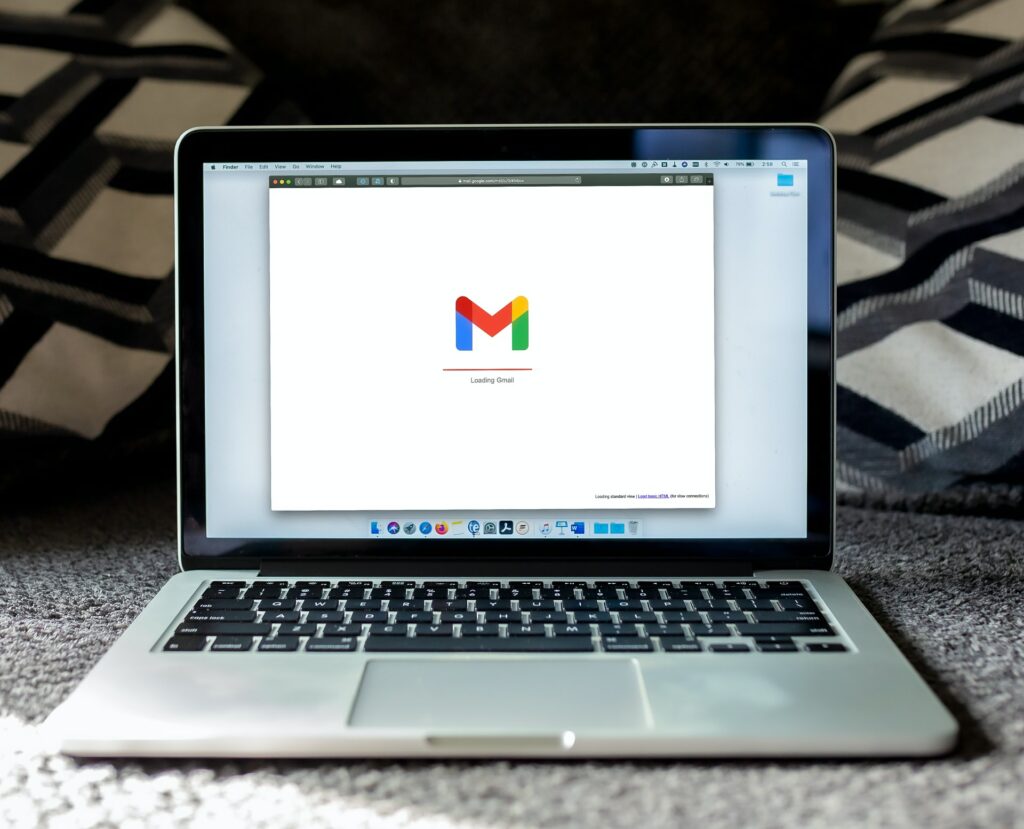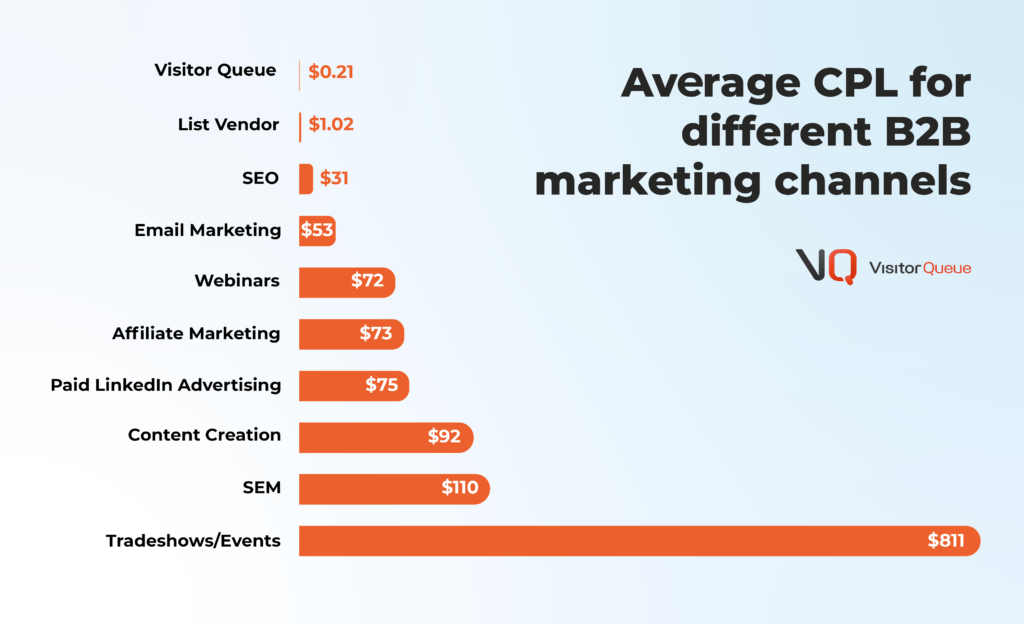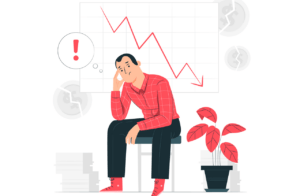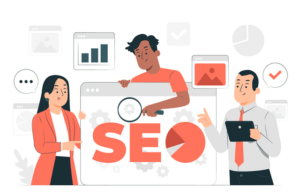100% of marketers need to stay up to date on marketing best practices. Trends shift, technologies advance, and consumer behaviors change so quickly that it’s crucial to stay informed. Our list of the top 101 marketing stats you need to know provides a comprehensive look at the data shaping our industry. Before we jump right in, let’s go over why it’s so important to stay up-to-date with marketing stats.
Why It’s Important to Stay Up-to-Date with Marketing Stats
Marketing is both an art and a science, and the science lies in the data. Keeping up to date with different marketing statistics can help ensure that your decisions are aligned with current trends and what’s working best. It allows you to predict shifts in the market, adopt new technologies effectively, and better understand your audience’s needs. Without current data, strategies risk becoming outdated and ineffective, resulting in missed opportunities and reduced ROI. Now that you know why you should be leveraging marketing stats, let’s go over our list.

AI and Marketing
AI and marketing has been a hot topic for the last year, and it’s not going anywhere. Here are a few AI and marketing stats that will help you understand its potential.
1. 75% of marketers believe that AI-enabled search engines will positively impact their blogs, and 68% predict that their site will get more traffic. Only 9% believe this will harm blog traffic.
2. 93% of marketers use AI to generate content faster.
3. 90% of marketers use AI to help with faster decision making.
4. 51% of marketing teams use AI to optimize content.
5. 95% of marketers who use generative AI for email creation say it’s “effective”, while 54% say it’s “very effective”.
6. 88% of marketers rely on AI in their current job.
7. 40% of marketers use AI tools for conducting research.
8. ChatGPT has over 200 million weekly active users.
9. More than 92% of Fortune 500 companies are using ChatGPT.
10. AI adoption has increased by 250%.
11. 30% of organizations are saving employees time with AI tools and software.
12. By 2028, AI in marketing is estimated to value more than 107.5 billion dollars.
13. 94% of B2B marketers see the most potential for generative AI-powered tools in creating assets, such as blogs and guides; 55% say there is a strong potential.
14. 43% of content marketers report using AI to help them generate ideas, but just 3% use it to write entire articles.
SEO
Search engine optimization, or SEO, is crucial for companies looking to rank on Google and other search engines. Here are some top SEO stats to help you improve your strategies.
15. The average website has a bounce rate of 37% and an SEO click-through rate of 13%.
16. 9 out of 10 marketers use blogging as a way to achieve their content goals.
17. The average blog post length is 1,427 words, 70% longer than ten years ago.
18. It takes just under four hours to write a blog post (without AI) on average.
19. 0.44% of Google search users visit second-page results.
20. 90% of search engine searches happen on Google.
21. 58% of searches are conducted on a mobile device.
22. Long-form content receives 77% more backlinks than short-form content.
23. The average ‘age’ of top result pages is 2.6 years old.
24. Click-through rates decline at an average of 32.3% for each position decrease on the first page.
25. Companies with blogs produce an average of 67% more leads per month than companies that don’t have active blogs.
26. 50% of marketers plan on increasing their investment in content marketing in 2024.
27. 61% of marketers say that generating traffic and leads is their number one challenge.
28. SEO drives 1,000%+ more traffic than organic social media.
29. 94.74% of keywords get 10 monthly searches or fewer.
Social Media Marketing
Social media marketing is booming. The following marketing stats can help you stay on top of these social trends.
30. 63% of marketers say that social media marketing drives the highest ROI of all marketing channels.
31. 40% of B2B marketers report LinkedIn as the most effective channel for driving quality leads.
32. 89% of B2B marketers use LinkedIn for lead generation.
33. 71% of marketers say that they spend less time on X than in previous years.
34. The number of global social media users is expected to reach 5.1 billion in 2025.
35. 78% of businesses that use social selling outperform those that don’t.
36. Social media users are currently growing at a rate of 9.6 new users every second.
37. The average social media user spends 2 hours and 24 minutes using social media every day.
38. 57% of LinkedIn traffic is through mobile devices.
39. 56% of consumers think that brands need to be more relatable.
40. 43% of brands have worked with more than 50 social media influencers.
41. TikTok will reach 2.35 billion social media users by 2029.
42. Social media makes up 33% of all digital ad spending.
Video Marketing
Video marketing is going to continue to entice your prospects into 2025, whether they are on social media, YouTube, or on your website.
43. YouTube has 4.95 billion monthly active users based all around the world.
44. 62% of internet users based in the United States report using YouTube every day.
45. Google states that 70% of viewers have bought from a brand after seeing it on YouTube.
46. YouTube statistics show the ideal video length is 7 to 15 minutes.
47. 91% of businesses use video as a marketing tool.
48. 87% of marketers say video marketing has generated more leads for their business.
49. Companies that use video marketing are able to grow their revenue 49% faster than those that don’t.
50. Social media posts that contain video content attract twice as much engagement as those that only contain images.
51. Including videos in marketing emails can boost click-through rates by as much as 300%.
52. 62% of Google searches include video results.
53. 65% of companies add captions to their videos for accessibility.
54. 60% of marketers named engagement as the most important video marketing metric to track.
Email Marketing
Email marketing is one of the most affordable and long-term marketing strategies that your team should leverage into 2025, here are some marketing stats to prove why.
55. 43% of marketers say that email marketing drives the highest ROI of all marketing channels.
56. 59% of Americans say that most emails they receive are not useful to them.
57. 47% of email recipients say that they open an email based on the subject line alone.
58. 69% of people mark an email as spam based on the subject line alone.
59. Segmented emails drive 30% more opens than unsegmented ones.
60. 35% of email marketers use a mobile-first or mobile-responsive design process.
61. More than 347 billion emails are sent and received each day.
62. 38% of companies are increasing their email budget in 2025, and just 10% are reducing it.
63. Personalizing email subject lines leads to a 22% increase in open rate.
64. Lead nurturing emails get 4-10 more responses than standalone email blasts.
65. Marketing emails perform better when sent on a Monday, Tuesday, or Wednesday.

Lead Generation
Lead generation is a top priority for most marketers and business owners. Here are some key stats and trends when it comes to generating the right leads.
66. 54% of B2B marketers say that improving overall lead quality and conversion eares is their biggest challenge in B2B marketing.
67. Lead generation is a top measure of success for 85% of B2B marketers.
68. 98% of website visitors leave a website without converting (p.s. we can help with that!).
69. 75% of B2B marketers say that content marketing is an important marketing channel in their current lead gen strategy.
70. 96% of website visitors aren’t ready to buy.
71. 80% of new leads never translate into sales.
72. Nurtured leads make 47% larger purchases than non-nurtured leads.
73. Outbound leads cost 39% more than inbound leads.
Advertising
Paid advertising can be a great tool, if done right. Here are some noteworthy paid advertising statistics that can help you decide whether it’s worth your investment.
74. 22% of marketers use display ads as a part of their marketing strategy.
75. Worldwide, there are 530 million mobile ad-block users and 290 million desktop ad-block users.
76. Consumers between the ages of 18 and 29 are the most likely to use an ad blocker.
77. Video ad spending is projected to reach more than $240 billion by 2028.
78. With effective optimization, pay-per-click (PPC) advertising can yield average returns of $2 for every $1 spent — a 200% ROI.
79. A personalized landing page can make PPC ad campaigns 5% more effective.
80. Paid advertising channels with the highest reported ROI are Facebook Ads and Google Ads.
81. PPC is known to generate double the number of website visitors than SEO does.
82. 52% of PPC clicks come from mobile.
83. Digital ads can increase brand awareness by 80%.
84. 75% of people say online ads make it easier to find what they’re looking for.
Website Optimization
Your website is oftentimes the first touchpoint that you have with prospects, here’s why it needs to be optimized.
85. The most popular color preferences for users who visit business websites are blue (46%) and green (30%).
86. 94% of online users said in a survey that easy navigation is the most important website feature.
87. 42% of people would leave a website because of poor functionality.
88. 67% of consumers are likely to buy from a website if the site is mobile-friendly.
89. The number of web developers and designers in the U.S. is forecast to reach 229,000 in 2032.
90. 47% of users won’t wait longer than two seconds for a website to load.
91. 66% of websites have an average bounce rate below 40%.
92. 89% of digital businesses are investing in personalization.
93. 80% of consumers are more likely to do business with a company that offers personalized experiences.
94. 79% of consumers are willing to share relevant information about themselves for personalized product recommendations.
Cost Per Lead
When generating leads, it’s crucial to consider how much these leads are going to cost. Here are the average cost per leads for different marketing channels.

95. The mean cost per lead across all industries is $198.44.
96. Leads generated from Visitor Queue cost an average of 21 cents per lead.
97. Purchasing email lists from a list vendor yields an average cost per lead of $1.02.
98. Webinars result in an average cost per lead of $72.
99. LinkedIn paid advertising results in a $75 cost per lead.
100. Search Engine Marketing, or SEM, typically costs $110 per lead.
101. Tradeshows and events are the most expensive ways to generate leads, at an average of $811 per lead.
What’s Next?
Marketing is constantly changing, and the key to staying effective is understanding those changes through data and marketing stats. These insights help you see where the industry is moving and how to adapt in a way that resonates with people. By staying curious and informed, you can build more meaningful connections, improve your campaigns, and ultimately make better decisions that drive real impact.
With only 2% of website visitors converting, it leaves many marketers wondering what happened with the other 98% of visitors. Website visitor identification is not only helpful for lead generation purposes, but it’s also a great way to see if your marketing efforts are attracting the right kind of visitors. Take a look at our full blog, Who is Visiting My Site? The Complete Guide to Website Visitor Identification, to learn more.
 Identify
Identify Personalize
Personalize Benchmark
Benchmark Agencies
Agencies Integrations
Integrations Case Studies
Case Studies Use Cases
Use Cases Blog
Blog Resources
Resources









